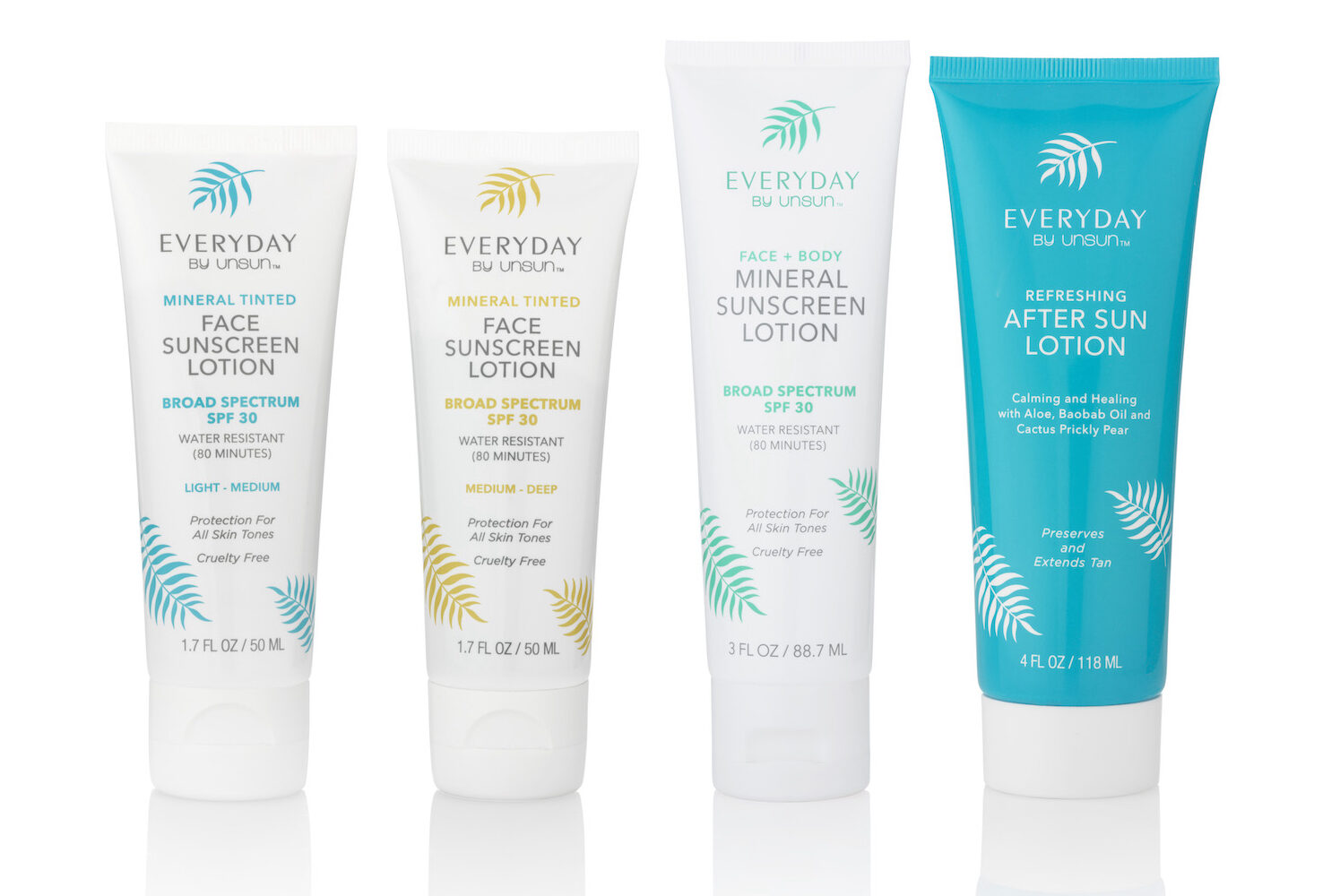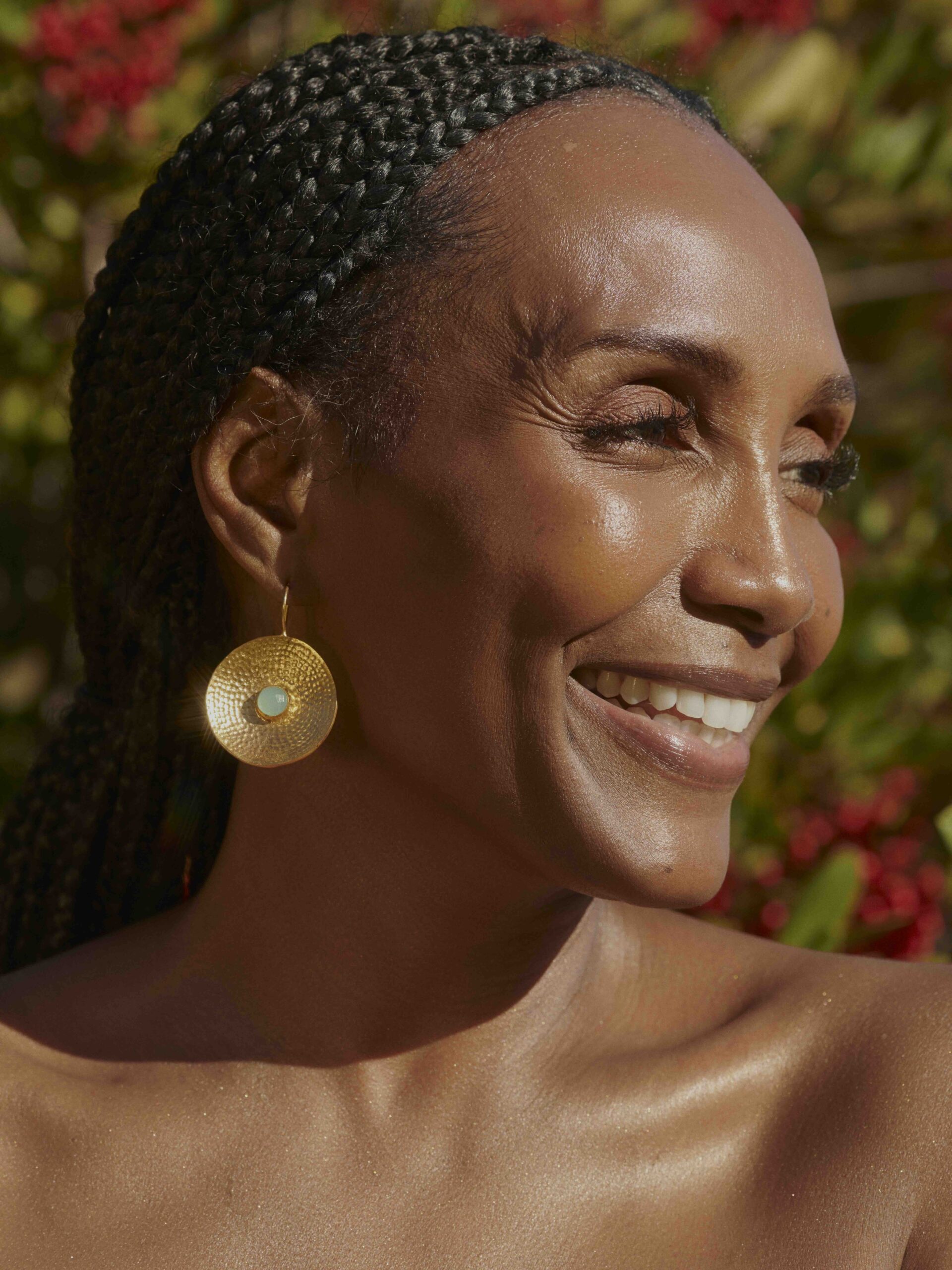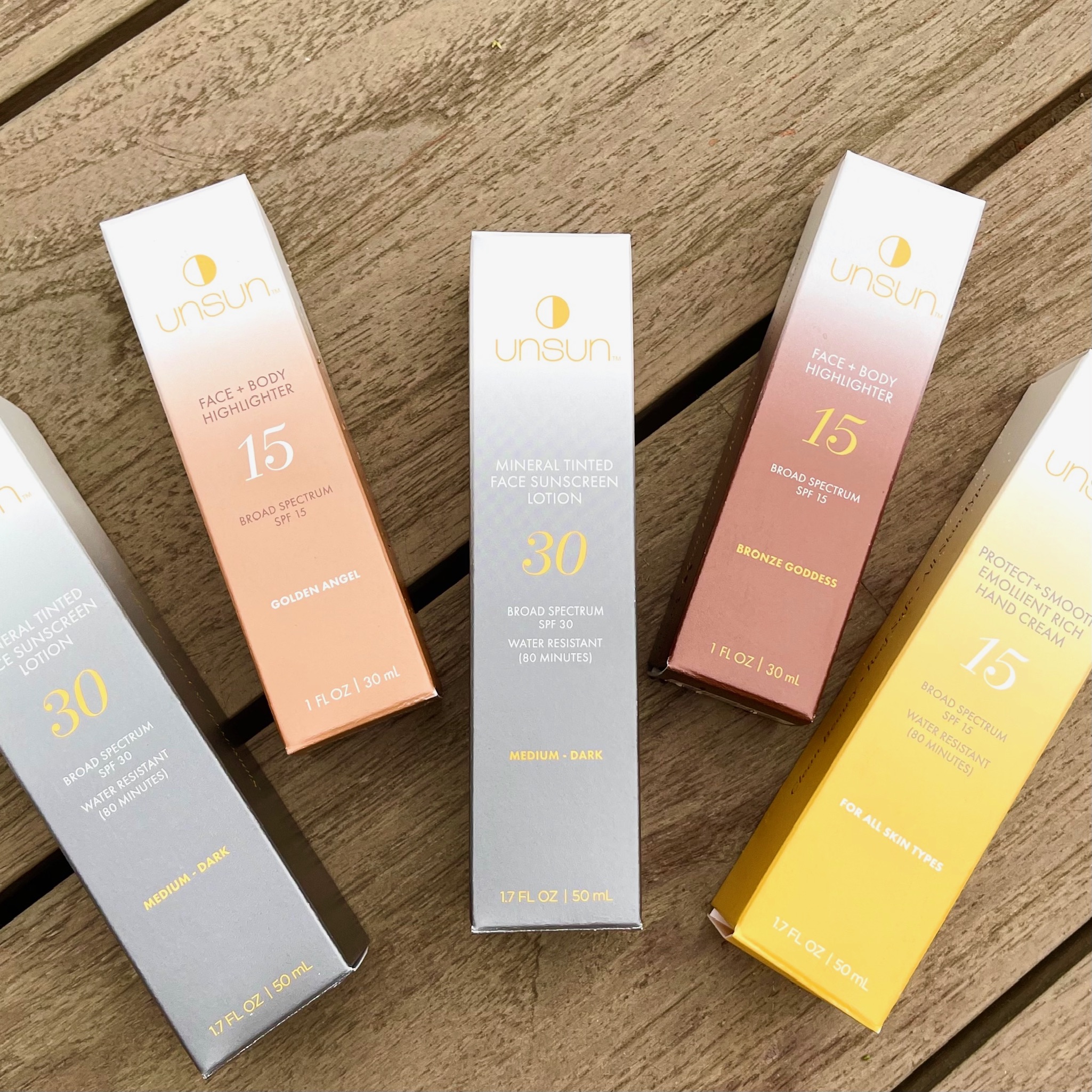
Inclusive Sun Care Trailblazer Unsun Cosmetics Is Closing
Unsun Cosmetics, which raised awareness about sunscreen for people of color and rolled out to over 10,000 retail doors, is closing.
In a social media announcement Monday, the brand attributed its closure to the demands of mass retail and a lack of funding, and notified its followers that it will continue to sell until its inventory is depleted. At its largest sales volume, Unsun generated around $2 million in annual revenues, but failed to secure $1 million in funding it sought in 2022 and 2023 to support its national distribution.
“Because I didn’t have funding, I never had a big team. We never had a strong infrastructure. I never had a COO or CFO or CMO. We ran this company with the minimum from the beginning because we never had big budgets,” says founder Katonya Breaux, who funded the brand with hundreds of thousands from her personal savings. “That’s what I’m most proud of that I created this brand with so much distribution and incredible press myself with small teams. I can look back and feel incredibly proud of that because that’s not easy to do.”
She continues, “Unsun played a huge role in inclusivity in beauty. It just wasn’t present when we launched at all. Now, it’s everywhere. There are basically duplications of my products over and over again. I leave this space much better than I found it.”

Breaux, the mother of singer Frank Ocean who previously ran a construction company for over 20 years, began Unsun with a single mineral sunscreen stockkeeping unit in 2016 designed for darker skin tones. She came up with the concept for the brand after a dermatologist informed her that moles on her skin were from sun damage and realizing there weren’t available sunscreen options for her skin color. Growing up, her mother didn’t tell her about using sunscreen, and she took it upon herself to educate legions of Black consumers who similar to her weren’t told to apply sunscreen.
Unsun, recipient of Beauty Independent’s Beacon Award for Inclusivity in 2022, was established with a clean prestige line that broke into upscale retailers the likes of The Detox Market, Credo, Bluemercury and Goop and branched out with a mass-market diffusion line in 2022 that landed at CVS, Target and Walgreens. All told, it reached 11 products, including three priced from $10.99 to $17.99 in its diffusion line and eight priced from $27 to $34 in its prestige line.
At the outset of the brand, Breaux recalls, “Inclusivity hadn’t really taken hold yet. That really kicked off right after George Floyd, and we started the conversation about people of color and sunscreen. We got a lot of press initially because no one else was talking about what we were talking about, but sales still took a while to tick up. Year after year, we would increase our projections, so it got better, but it took three years before we started seeing significant sales and four years before I could pay myself a salary.”
“Unsun played a huge role in inclusivity in beauty.”
Mass retail accelerated Unsun’s sales, but made its business unsustainable. At its entrance into CVS, a critical error was made in the documentation, inverting the margin the brand was supposed to be given and the margin CVS was supposed to be given. The error cost Unsun roughly $600,000. On top of that, it received chargebacks from the chain amounting to hundreds of thousands of dollars. Unsun couldn’t dig itself out of the financial hole.
“I’m very grateful for the opportunity, but, at the end of the day, they only care about their bottom line. You talk to the buyers, and they are all super sweet, but it’s really all about the numbers,” says Breaux. “Every opportunity to grow your brand, there’s a cost associated with it, and it’s really challenging. So, if you don’t have the funding to do it, you shouldn’t go. I would not have gone. If I look at what happened in these last couple of years, CVS basically put me out of business. It’s not always as good as it looks.”
Besides the direct costs of retail partnerships, Breaux mentions the newness they desire is a significant budget drain. Reflecting on Unsun’s history, she says, “I wouldn’t have launched as many SKUs as I did so quickly, which is tricky because my buyers at the retailers would email me every year and say, ‘What’s new?’ Everyone wants something new, so you have that pressure to come up with something new, but it’s very costly, especially in sun protection.”

In hindsight, Breaux also would’ve tried to raise funds sooner in Unsun’s trajectory. Tragically, in 2020, she lost her 18-year-old son, Ryan, in a car accident. Grief-stricken, she didn’t fundraise that year, and when she did two years later, the funding environment was much tougher. Investor attention on Black-owned brands, intense in the wake of the Black Lives Matter protests after Floyd’s murder, had dissipated, and higher interest rates led to investors pulling back on deals.
Breaux says, “When I started, there was a threshold of, ‘We only fund companies making $1 million,’ then when we surpassed $1 million, the message became it’s just too early, and it was very frustrating because I saw brands getting funding that were just an idea, but they didn’t come from people that looked like me, and we know the statistics for Black female-owned companies.”
Going forward, Breaux is interested in helping fellow founders. “It’s a lonely path. Other brands I found initially wanted to talk and be supportive, and then everyone became so protective of their world and their secrets, so you find that there is really no one to talk to,” she says, adding, “I always said, at 60, I wanted to sell the brand and do something different. I will be 60 next year, and it’s just time to do something else. When it’s time to do something else, how you get there doesn’t matter. I feel like this was something that was supposed to happen.”





Leave a Reply
You must be logged in to post a comment.